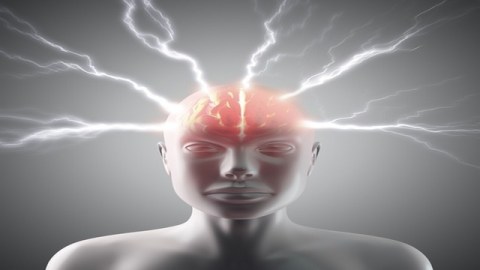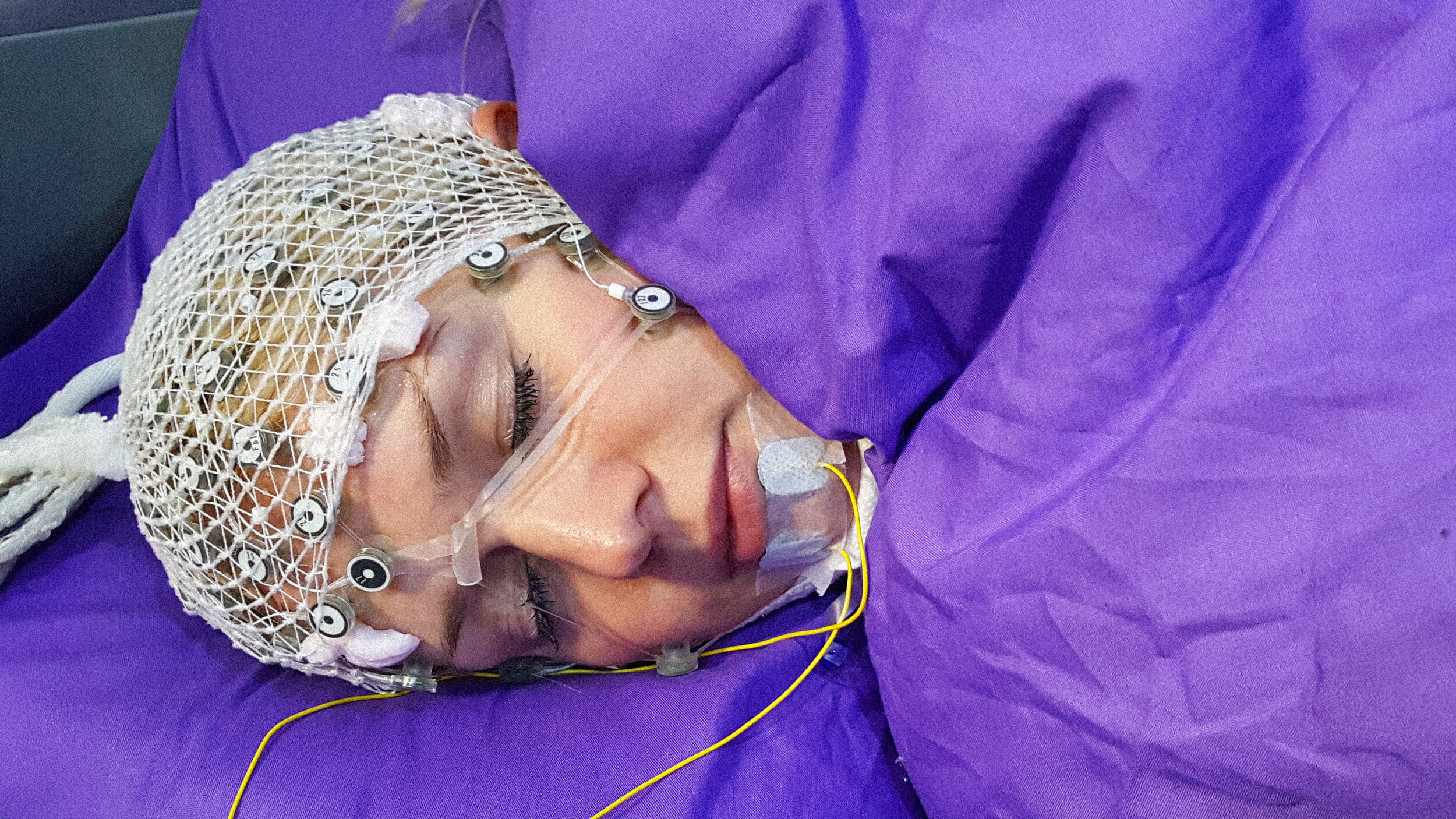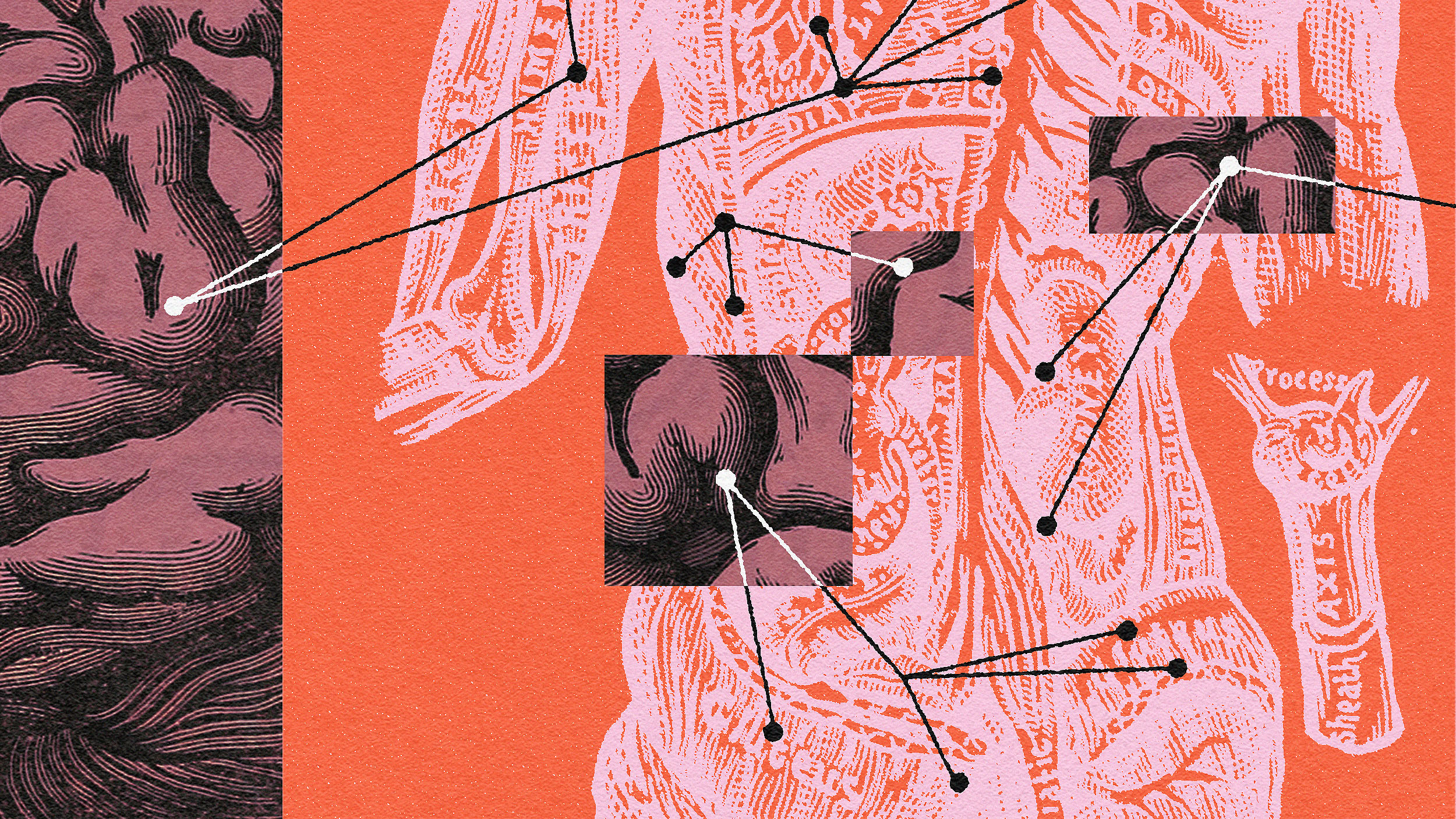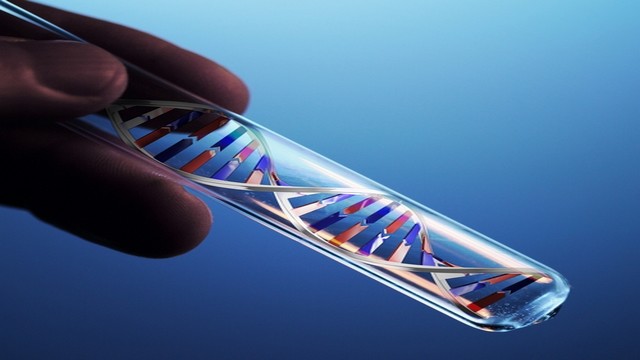Newly Discovered Platform Supports Turning Pain Off

Article written by guest writer Rin Mitchell
What’s the Latest Development?
According to researchers at Johns Hopkins University, a mass of proteins called group 1 metabotropic glutamate receptors (mGluRs) live on the outer walls of nerve cells. “When these receptors lock in glutamate, a chemical that neurons use to communicate, it encourages neurons to fire.” Scientists were looking for ways to turn off the receptors because if not, they would remain active and prolong the suffering. Previous studies indicated mGluRs binded with another protein called Homer could turn it off. During a series of experiments in mice, researchers were able to see what other proteins bonded with mGlurs and Homer, this turned up a third protein called Preso1, which attracts protein kinases. According to Scientists, all of these things combined “coordinate the activation and deactivation of the mGluRs.”
What’s the Big Idea?
Researchers have discovered the protein framework necessary to deactivate the mGluRs, which is the culprit for many neurological problems. Based on various tests conducted on mice, scientist were able to see how a group of proteins work together to suppress the effects of the active protein. According to neuroscience profession Paul Worley, MD of the Johns Hopkins University School of Medicine, “Because mGluRs play so many important roles in the brain for so many different mental and neurological health conditions, knowledge of their regulatory mechanisms is extremely important.”





